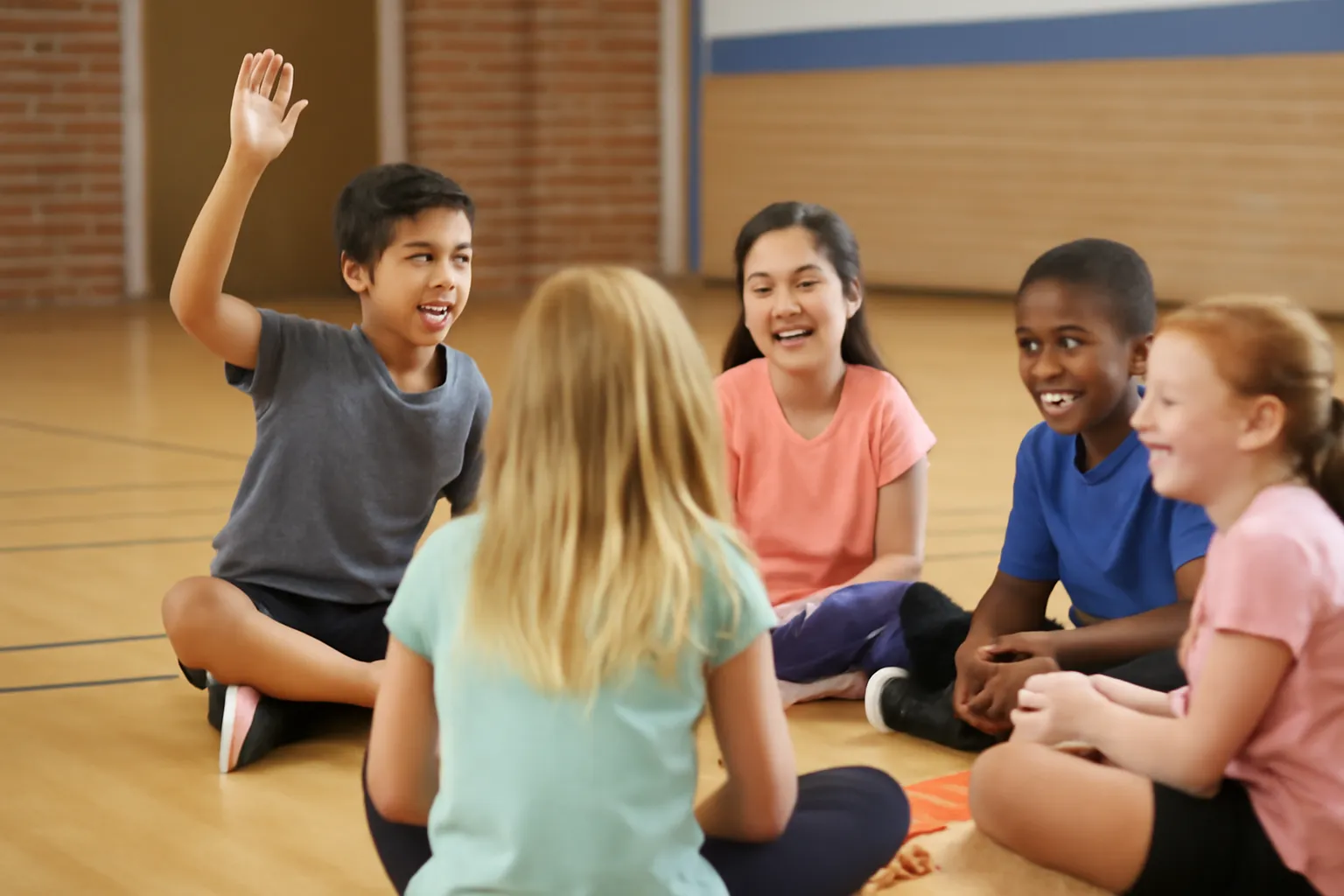Elementary school recreation games are essential for fostering teamwork, creativity, and physical health among children. These games are designed to engage young minds and help them develop socially and emotionally in a fun environment. Whether you’re a teacher, a parent, or a caretaker, introducing the right recreation games can have a profound impact on a child’s overall well-being.
What Makes Elementary School Recreation Games Important?
Elementary school students are at a critical stage of cognitive and social development, and recreation games play a vital role in shaping their learning experiences. These games not only keep them active but also encourage them to work together, solve problems, and build friendships.
Benefits of Recreation Games
Recreation games provide an excellent outlet for young learners to channel their energy. By engaging in games, children improve their physical coordination, learn essential social skills, and experience the joy of teamwork. Here are a few benefits:
-
Physical Development Games that involve running, jumping, or climbing help improve motor skills and overall fitness.
-
Cognitive Growth Problem-solving games stimulate the brain, improving critical thinking and decision-making abilities.
-
Social Skills Group activities teach kids to cooperate, communicate, and resolve conflicts with peers.
-
Emotional Well-Being Engaging in friendly competition or cooperation can help build a sense of self-confidence and emotional resilience.
Types of Elementary School Recreation Games
There are countless recreation games suitable for elementary school students, each designed to promote different skills. Depending on the available space, the number of participants, and the desired outcomes, these games can be adapted to suit any environment—whether indoors or outdoors.
1. Active Games
These games are all about movement and physical activity, helping kids burn energy while having fun.
-
Duck-Duck-Goose This classic game involves children sitting in a circle while one child walks around, tapping others on the head, saying “duck” until choosing someone to be the “goose,” who then chases them.
-
Tag A simple but effective game where one child is “it” and must tag others to make them “it.” Variations can include freeze tag or shadow tag for added fun.
2. Cooperative Games
Cooperative games emphasize teamwork and collaboration rather than competition.
-
Human Knot Children stand in a circle and grab hands with two other people across from them. They must work together to untangle the knot without letting go of each other’s hands.
-
Group Juggle Students stand in a circle and pass around balls or beanbags, keeping them in the air. This game is excellent for building coordination and teamwork.
3. Creative Games
These games encourage children to use their imaginations and foster creative thinking.
-
Charades One child acts out a word or phrase while others guess what it is. This game promotes communication and helps children think creatively.
-
Storytelling Relay Children take turns adding a sentence to a story, which encourages imagination and group collaboration.
Explore more fun games for kids!
Recommended Recreation Games for Elementary School Students
When selecting recreation games for elementary school students, it’s important to consider their age, interests, and physical abilities. Below are some recommended games that have proven effective in different settings:
1. Obstacle Course Challenges
Obstacle courses can be set up both indoors and outdoors, providing kids with the chance to test their physical abilities. These courses might include crawling under tables, jumping over hurdles, and balancing on beams. Not only do they improve physical fitness, but they also encourage problem-solving and perseverance.
2. Scavenger Hunts
Scavenger hunts are exciting because they combine exploration, teamwork, and problem-solving. You can create a list of items for students to find, either within the classroom or outside in the playground. These activities are excellent for enhancing attention to detail and promoting group work.
3. Relay Races
Relay races are an engaging way to promote friendly competition and teamwork. Children can participate in various relay race types, including running, jumping, or even egg-and-spoon races. The thrill of racing against each other encourages a sense of achievement and sportsmanship.
4. Balloon Pop
In this game, each child ties a balloon to their ankle, and the goal is to pop others’ balloons while protecting their own. It’s a fun way for students to develop agility and quick thinking.
Learn more games to promote teamwork!
Incorporating Recreation Games in the Classroom or Playground
Creating an environment that fosters physical and emotional development is essential for every elementary school. Recreation games should be seen as an integral part of the curriculum, offering a break from academic work while still promoting learning in an informal setting.
How to Implement Games in the Classroom
Recreation games can be incorporated into lesson plans as a form of active learning. For instance, physical education teachers can introduce games that align with fitness goals, while classroom teachers can use team-based games for group activities that enhance social skills.
-
Break Time Games Simple games like Simon Says or a quick round of musical chairs can break up the monotony of a long school day and help kids re-energize.
-
Outdoor Play When weather permits, taking the students outside for organized games like soccer or capture the flag provides an opportunity to teach leadership, teamwork, and fair play.
Adapting Games for Virtual or Remote Learning
In today’s digital age, incorporating recreation games into virtual classrooms is possible as well. Teachers can adapt traditional games to online formats, like trivia games, virtual scavenger hunts, or even simple dance challenges via video calls.
Find more virtual game ideas for kids!
Conclusion
Recreation games play a crucial role in the development of elementary school students. Not only do these games keep children active and entertained, but they also help improve their social skills, physical health, and cognitive abilities. Whether they’re engaging in high-energy active games, teamwork-based cooperative games, or imaginative creative challenges, students gain invaluable life skills. By incorporating these games into both the classroom and playground, we can foster a more well-rounded and confident generation of young learners.
Remember, recreation is not just about fun—it’s about growth, collaboration, and lifelong learning.






